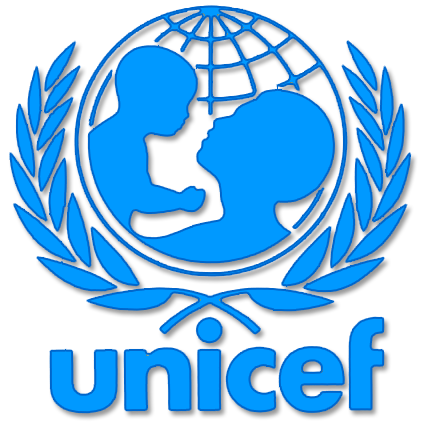 Child marriages are illegal in Ghana as highlighted by both the 1992 constitutions and the 1998 Children’s Act which set the legal age for marriage at 18 for both girls and boys.
Child marriages are illegal in Ghana as highlighted by both the 1992 constitutions and the 1998 Children’s Act which set the legal age for marriage at 18 for both girls and boys.
The marriage of either a girl or a boy before the age of 18 is recognised in international legal instruments as a violation of the child’s human rights.
UNICEF says said the practice impacted on the community as such marriages disproportionally affects more girls than boys.
Madam Georgina Amidu, Communication for Development Officer of UNICEF, said among men aged between 15 and 49, only five per cent were married as boys before the age of 18, compared to 27 per cent of girls.
She said this when addressing students of second cycle schools in the Upper West Region at a day’s drama competition organized to portray the negative implications of child marriages.
The United Nations Children Fund (UNICEF) in collaboration with the Centre for National Culture and Ghana Education Service organised the drama competition among selected second cycle school students.
The drama performances were to help introduce the discussion of child marriage issues in the society and highlight ways the youth could improve their lot.
Madam Amidu said girls who get married before 18 years were at a higher risk of social isolation and partner violence than women who married later.
Those girls were also at a higher risk of contracting HIV and sexually transmitted infections, especially when the age gap between the child bride and spouse was large.
Madam Amidu said child marriages denies girls their childhood, disrupts their education and limits their ability to participate in economic and social spheres.
They were also subjected to complications from pregnancy and childbirth which were the leading causes of deaths among girls between 15 and 19 years in many countries.
She said infants born to adolescent mothers have a higher risk of being stillborn or dying soon after birth others could have long term impact on their health and their physical and cognitive development.
Madam Amidu said pregnancy undermines the adolescent girl’s development because it stops her growth and negatively affects her nutritional status and called for supporting laws and policies to end child marriage in Ghana.
Mr Mark M. Dagbee, Upper West Regional Director of Centre for National Culture (CNC), urged the participating students to take the national stage in the theatre arts, especially script production.
Out of the seven schools that participated in the competition, Queen of Peace Senior High School was adjudged the best and it took away a cash prize and books.
Kanton Senior High School came second, followed by Wa Senior High Technical, and with Lawra Senior High School taking the fourth position.
Wa Senior High School, Saint Francis Girls Senior High School and Nandom Senior High School took the fifth, sixth and seventh positions respectively received similar prizes.
Source: GNA























